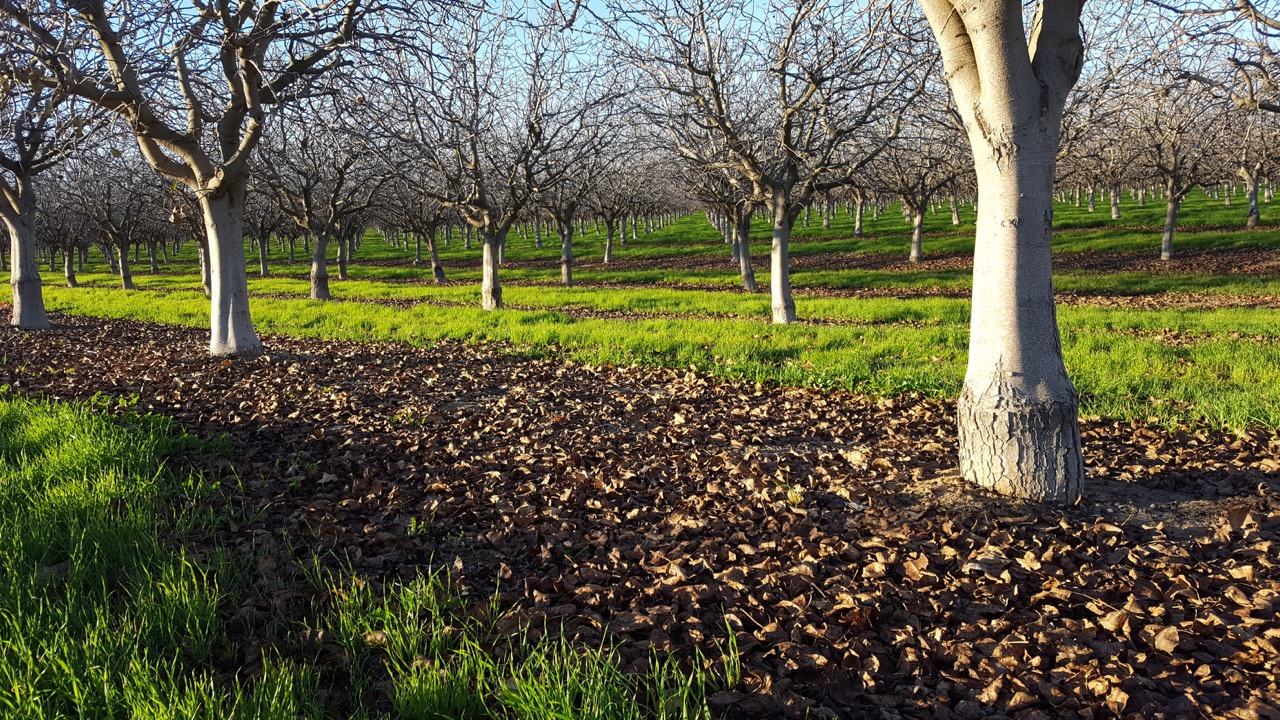
Orchard Sanitation to Push Back on NOW Underscored
By Mike Stevens, Associate Editor
We are completing our coverage of the importance of orchard sanitation to push back on Navel Orangeworm (NOW) pressure for 2018.
We recently spoke with David Haviland, UC Cooperative Extension entomologist and farm advisor for Kern County. He spoke about how sanitation is the most important practice that needs to be implemented.
“Yes, 2017 was a really interesting year on NOW. It was a bad year overall. Several things led up to that. The first one was sanitation was an issue,” Haviland explained. “There is not much of an excuse in the southern half of the almond industry, but with all the rain up north and the flooded orchards, yes, it was very difficult to get in and do sanitation, and we know that that is the absolute backbone of navel orange worm programs.”
Pistachios were also a concern when it comes to NOW.
NOW was right on schedule in pistachios. The pistachio crop was a little behind and so it was common to do a normal monitoring, normal spray program, and set up for a normal harvest. But then the crops sat out there for another 10 days or two weeks, which, of course, makes it very vulnerable to NOW worm damage.
“The longer you get away from your insecticide sprays, the more damage that’s going to occur, and a lot of the crop was harvested after the fourth flight occurred,” Haviland said. “When you put in the concerns with sanitation this year, and with the increased degree day accumulation, there were plenty of moths and then the crop got delayed. The overall effect was that this was a worse than normal year.”
At the same time, the industry is full of examples of growers that had very acceptable damage.
“Growers that did follow in greater pest management practices … did get their sanitation done. They documented that those things are really important, they are very effective, and the growers that weren’t able to get that sanitation done hopefully got a case study, personal experience in the value of sanitation,” Haviland said.
Every grower needs to do their part by incorporating sanitation, noted Haviland. “Obviously, if you’re the only one sanitizing amidst a bunch of growers that aren’t, that’s a concern,” he said.









